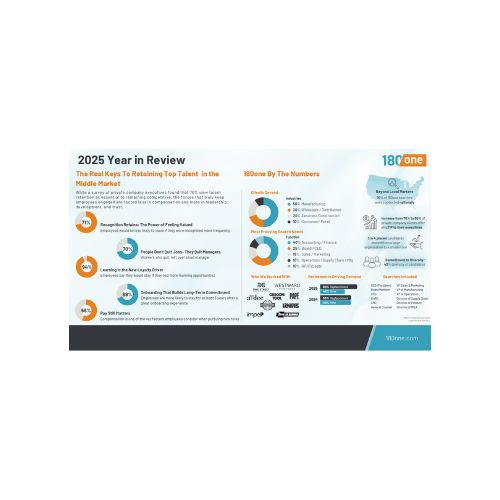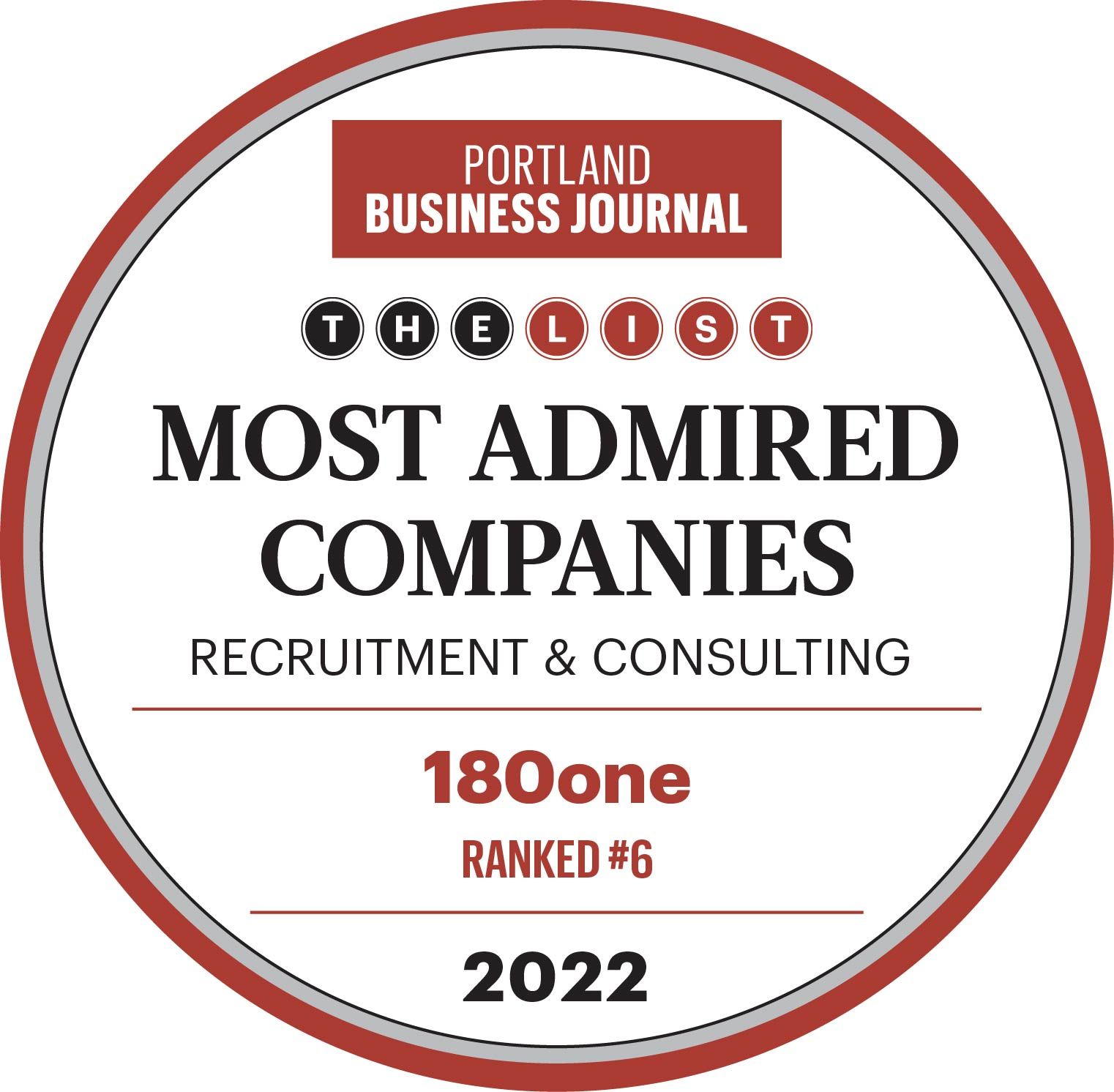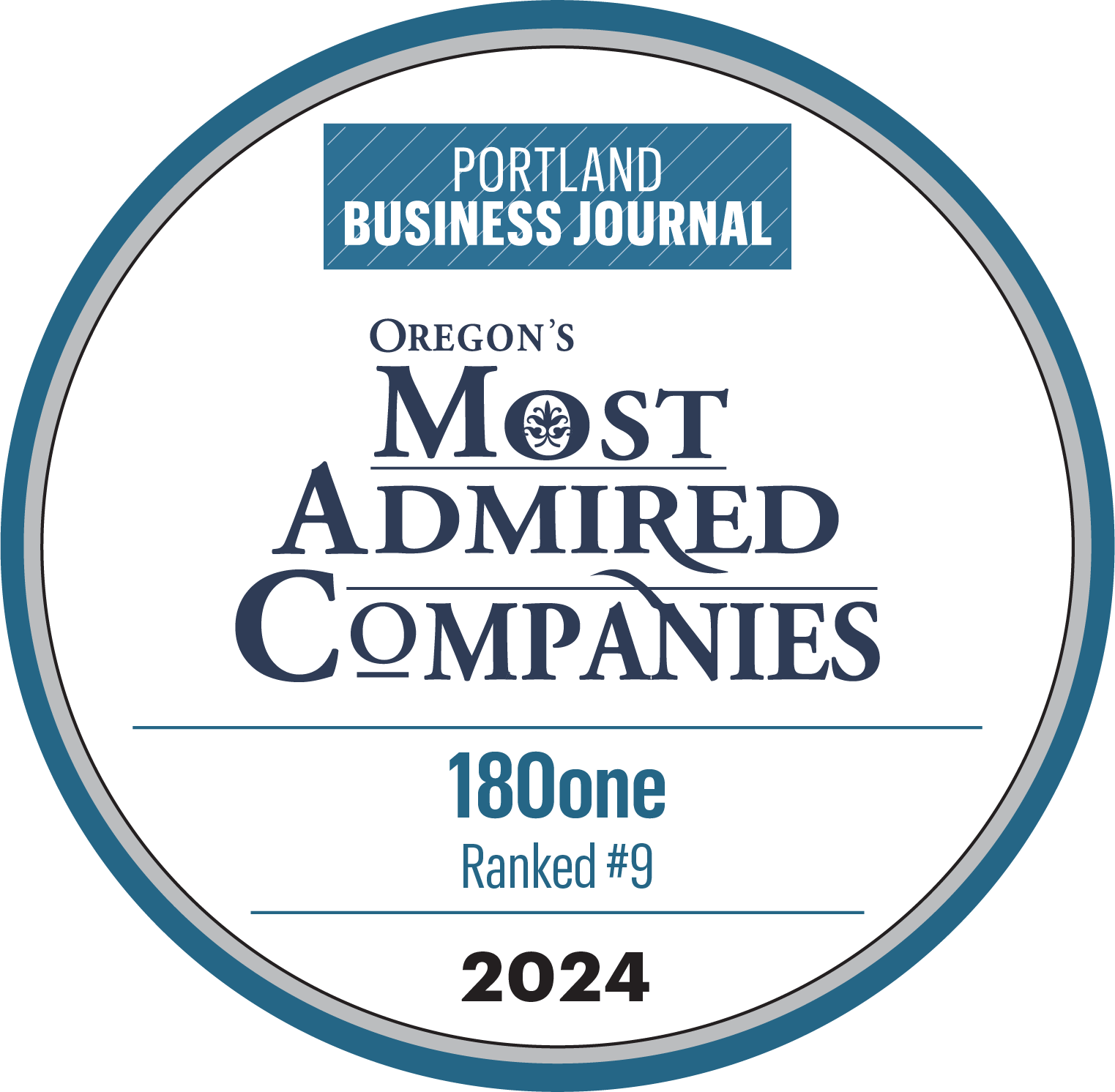5 Ways to Win Your Candidate During the Offer

You’ve conducted the initial executive search and several rounds of interviews; now you’ve found THE candidate who will bring that edge you’ve been looking for to your organization. Your work is over, right? Not quite.
Hiring managers often make the mistake of thinking the work is finished after they have made the offer, but maintaining focus and staying engaged in the final moments of the recruiting process are critical to securing a candidate.
You may be tempted to assume candidates are interested because they remained in the recruiting process. After narrowing the pool down to one choice, though, the decision to accept now lies in the hands of the candidate. With the finish line in sight, your organization must see the recruiting process through to receive a “Yes” from the other side of the table.
Today on The Water Cooler, we discuss 5 ways to ensure that you come out on the winning end when making an offer to a candidate.
Ask the Right Questions
To win your candidate, you must first master your phrasing. Instead of asking if a candidate wants the offer, ask if they want the job.
Every candidate wants an offer; receiving it makes them feel wanted and like they “won” the recruiting process. What hiring managers do not want, though, is to extend an offer that will be rejected.
Asking the candidate if they want the job can help you avoid delivering an offer that will be turned down. You may learn that, while the candidate is interested, they still have questions about the opportunity. Allowing them the chance to complete their own vetting process leads to more informed decision making and a higher likelihood that they will accept. Moreover, once the candidate has finished their own evaluation process and communicated that they want the position, you can decide how to craft the offer.
Find Out What Matters
From vacation time and healthcare to equity and retirement plans, candidates place different priorities on different offer components. Understanding what matters most to the candidate is critical in making a successful offer.
For example, when relocating candidates, covering or subsidizing one-time moving costs speaks volumes to them and their families. Spouses/significant others, children and other family members will be equally impacted by relocation, and their opinions may influence a candidate’s final decision. Making the gesture to assist with the move can garner buy-in from everyone involved, including the candidate, and lead to an accepted offer.
Get Creative
Creativity with compensation, benefits and other offer components can play a crucial role in ensuring a “Yes” from your candidate. Unable to raise the base salary for the position? Try including a signing bonus or adding additional vacation time to increase compensation. Providing equity, long-term incentive plans (LTIPs) or accelerated vesting can also help sweeten the deal for a candidate.
Outside of competitive compensation, companies may also offer car allowances, monthly parking, flexible work hours or the opportunity to work remotely in order to attract candidates. No matter what benefits you choose to provide, make sure that you continue to think about what matters most to your candidate.
Make It Personal
No one likes the generic “Dear Candidate…” email. Both your organization and the candidate invest time and resources into the process, so see the effort through by making your offer over the phone or in person.
Verbally extending an offer also doubles as a safeguard to rejection. Directly talking with candidates provides them the opportunity to ask any final questions they may have about the role, as well as presents the opportunity for them to accept before you initiate the necessary paperwork.
You should also allow a candidate adequate time to think over and respond to an offer. Delivering an offer on a Friday is advantageous. Your organization won’t lose any working days while the candidate considers the offer, and the candidate has a chance to unplug, process and discuss with other potential decision influencers before accepting.
Put Your Best Foot Forward
With a solid understanding of your candidate’s needs and goals, you can craft an offer letter that will be accepted outright, rather than entering into a negotiation.
Putting your best offer forward indicates that there is less to negotiate and signals how the candidate will be treated in the future at your organization – like their needs are being met versus being “nickel and dimed” each year with raises and bonuses.
Recruiting firms provide a major advantage in this final step; as third party providers, we are able to prompt candidates to disclose their true financial/benefits figures to understand what the best offer should look like and ultimately bring both sides of the table together.
Making an offer is a big step for both your company and the candidate. Completing the entire recruiting process is key to not only winning the candidate but also setting your organization up for success to retain top talent.
Want more insight? Check out our latest article Philosophy, Data and Structure; A Simple Guide to Executive Compensation or contact us to discuss your hiring needs for your next critical role.






